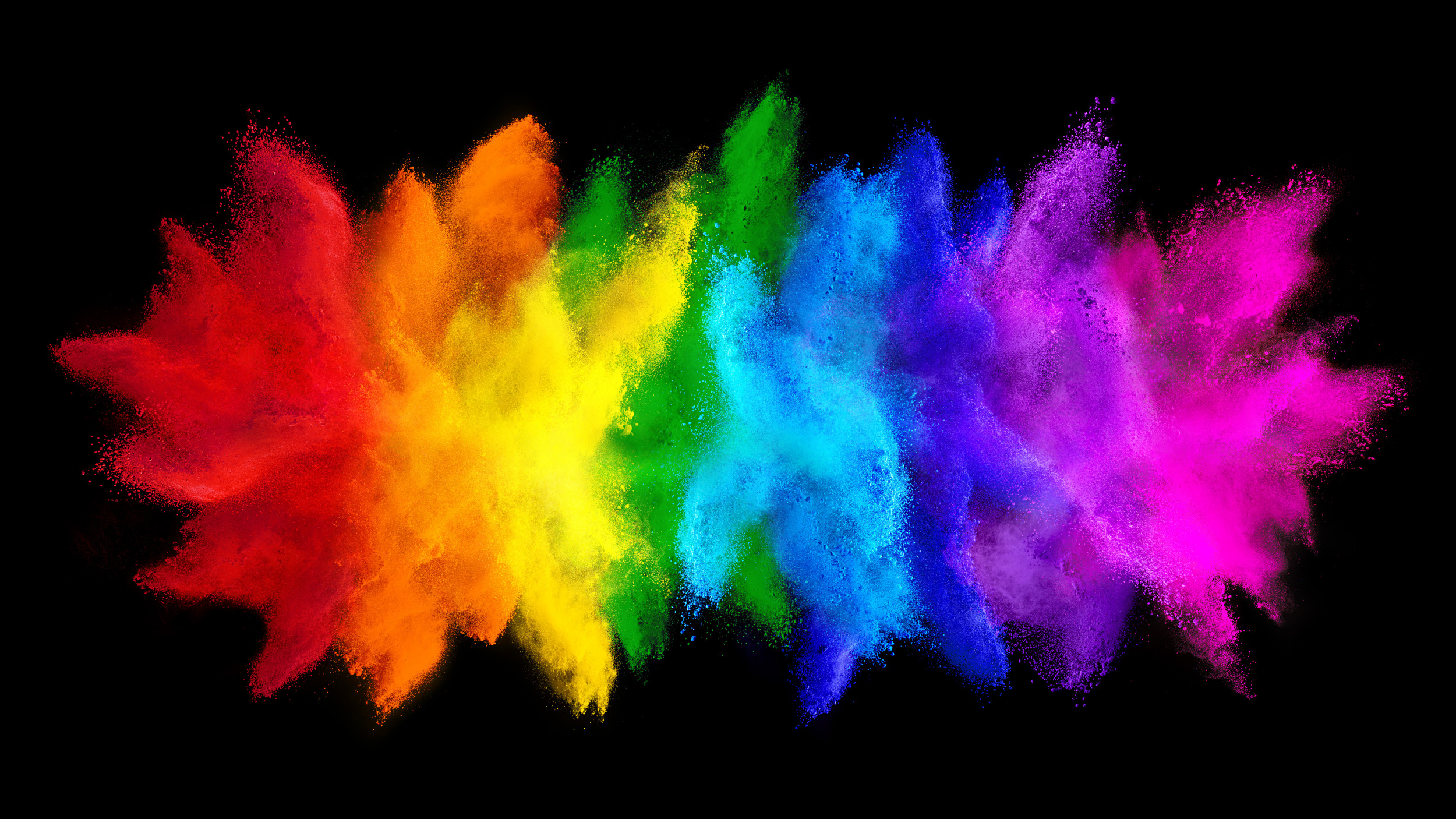
Recently, I heard the comment "I don't think she's that smart or has the expertise for her role."
The comment screamed bias for privileged intelligence and the inability to appreciate diverse intelligence. Their definition of intellect was severely limited.
These types of comments reflect an individual's lack of meta recognition; the ability to appreciate others' competencies. It also reveals their drive to appear smarter than the people around them.
Believing yourself to be the smartest person in the room is also called the Dunning-Kruger effect (overestimating what you actually know) and it can potentially create disastrous directions while threatening successful outcomes. It dismantles a safe space for healthy challenge and courageous conversations. Teammates who battle imposter syndrome (underestimating what they actually know) can potentially shrink. The Dunning-Kruger team members appear highly competent and are persuasive, due to their overconfidence, and the imposter syndrome team members shrink to avoid exposure and risk. It's the perfect storm for lost opportunity and invaluable contributions.
The problem with this lack of ability and the drive to appear smarter is that in a work setting, as a leader or an employee, is that the end game should not be the belief that you are the smartest in the room. This belief can have negative effects on the success of teams. For leaders trying to build strong teams, it's critical to understand the types of intelligence, as well as cognitive biases, so you can understand how your team measures up — and how you can lead change to improve outcomes.
Everyone Exhibits Intelligence
There are many competencies that fuel success and achievements. The key is elevating leaders who foster an inclusive environment that embraces diverse intelligence. This means an environment where varying intelligence can intersect, nurture individuals' potential and achieve peak outcomes.
To better understand types of intelligence, you can look to Howard Gardner, author of Frames of Mind, and his argument that there are seven types of intelligence: linguistic, musical, math/logical, interpersonal/intrapersonal, spatial, and bodily kinetics. Distinct and diverse types of intelligence are defined by one criterion: the ability to find and solve problems.
Mathematical/logical intelligence has, historically, been considered a privileged intelligence based on its criticality to solve for world challenges. However, it doesn't solve for everything. That's where an intelligence like bodily-kinesthetic, a surgeon's distinct intellect for precise bodily execution, comes in. At the end of the day, the world needs multiple distinct types of intelligence.
But, what about the other types of intelligence Gardner describes?
Linguistic intelligence, which is a high awareness of language, is the springboard to successfully propel change; the ability to provide context, inform, and influence. There's also personal intelligence, both intrapersonal (know yourself) and interpersonal (know others). Intrapersonal drives growth mindset and interpersonal navigates moods, temperaments and motivations. Both are vital to impactful leadership — creating conditions for success where teams can thrive.
Capitalizing on a Team's Potential
Considering intellect more broadly while harmoniously merging competencies to defined outcomes will capitalize on a team's inherent potential. This can look like accelerating inherent competencies (genetically dispositioned for certain talents) through innovative learning approaches to upskill and heighten intellect. It can also look like stretch opportunities, supported by transformational and inspirational leadership, to truly enrich an employee's potential, raise the performance bar, and close knowledge gaps.
Cultivating a Culture of Crowdsourcing
Seeking and embracing diverse intellects, while dismantling a culture of bias for privileged intellect, will not only achieve the art of the possible but will also help create a community of belonging.
There are an estimated 180 cognitive biases interfering with how people process data, think critically and perceive reality. Biases hinder intellectual humility, curiosity, and discovery — which stunts the growth mindset. They combine with the Dunning-Kruger effect — where confidence exceeds competence — to create blind spots of different knowledge and opinions.
This can manifest as judgment. There's a false confidence in judgment and it prevents embracing diverse thoughts, perspectives, experiences, and skill sets. Interestingly, with imposter syndrome, where competence exceeds confidence, it is far less threatening to successful outcomes. Why? Imposter syndrome can motivate individuals to work harder — constantly rethinking and questioning assumptions. They seek insight from others and thrive on growth resulting from self-doubt.
The ability to appreciate diverse types of intelligence and practice humble confidence helps create effective teams. A leader who has confidence in their ability but acknowledges they may not have all the answers will foster an inclusive environment where all types of intelligence can intersect, heighten individuals' potential and achieve peak outcomes.
Most importantly, in this inclusive environment, every team member has a sense of belonging and is valued.
Uncommon Knowledge
Newsweek is committed to challenging conventional wisdom and finding connections in the search for common ground.
Newsweek is committed to challenging conventional wisdom and finding connections in the search for common ground.





